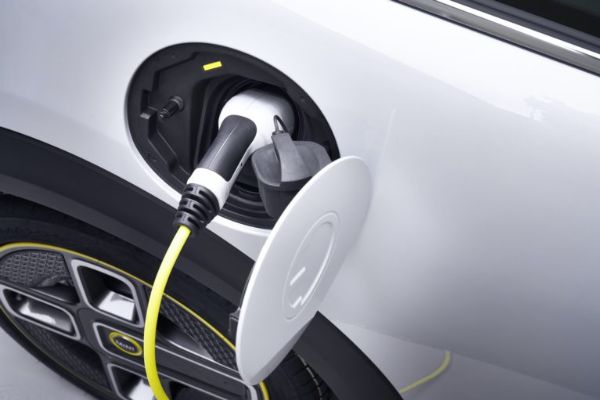News
Biden Proposes US$174 Billion For Electric Vehicles
-

 News14 hours ago
News14 hours agoOfficial Cars Used By Muhammadu Buhari During His Rule As Nigerian President, Military Head Of State
-
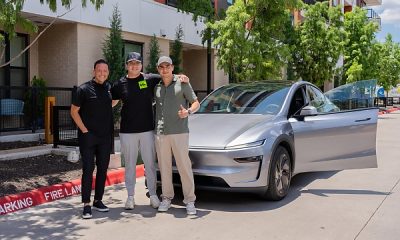
 News1 week ago
News1 week agoTesla Model Y Drove Itself From Gigafactory To Its New Owner’s Home 30-min Away (Video)
-
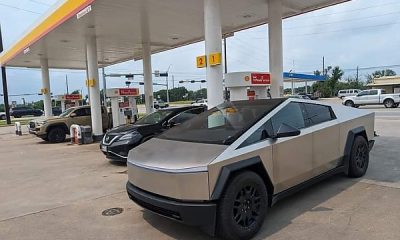
 News1 week ago
News1 week agoTesla May Stop Making The Cybertruck As Sales Drop Again
-
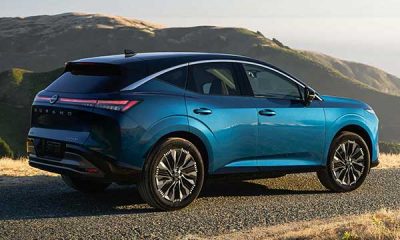
 News1 week ago
News1 week agoNissan Murano Set A New American Production Record
-
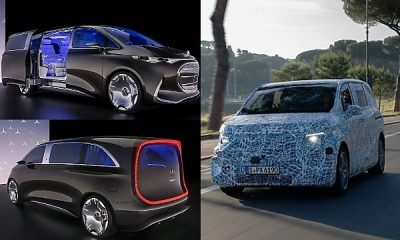
 News1 week ago
News1 week agoMercedes-Benz VLE Prototypes Drove From Stuttgart To Rome, Ahead Of Start Of Sales In 2026
-

 News4 days ago
News4 days agoThrowback : Michael Ibru Poses With His Bugatti-style ‘Panther De Ville’ – Britain’s Most Expensive Car At The Time
-
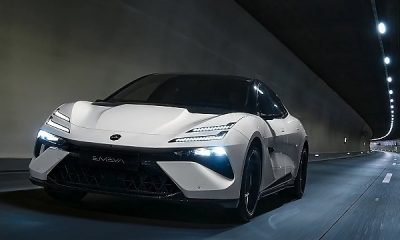
 News1 week ago
News1 week agoGeely-owned Lotus To Keep Making Sports Cars In The UK, Debunks Reports Of Plant Closure
-

 News7 days ago
News7 days agoNNPC Ltd Presents 35 CNG Buses To The Presidential Compressed Natural Gas Initiative (PCNGi)




